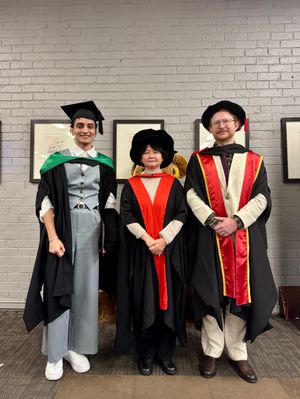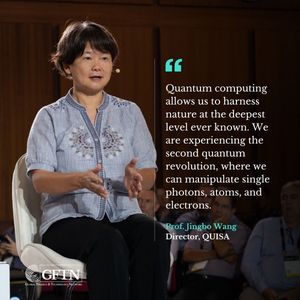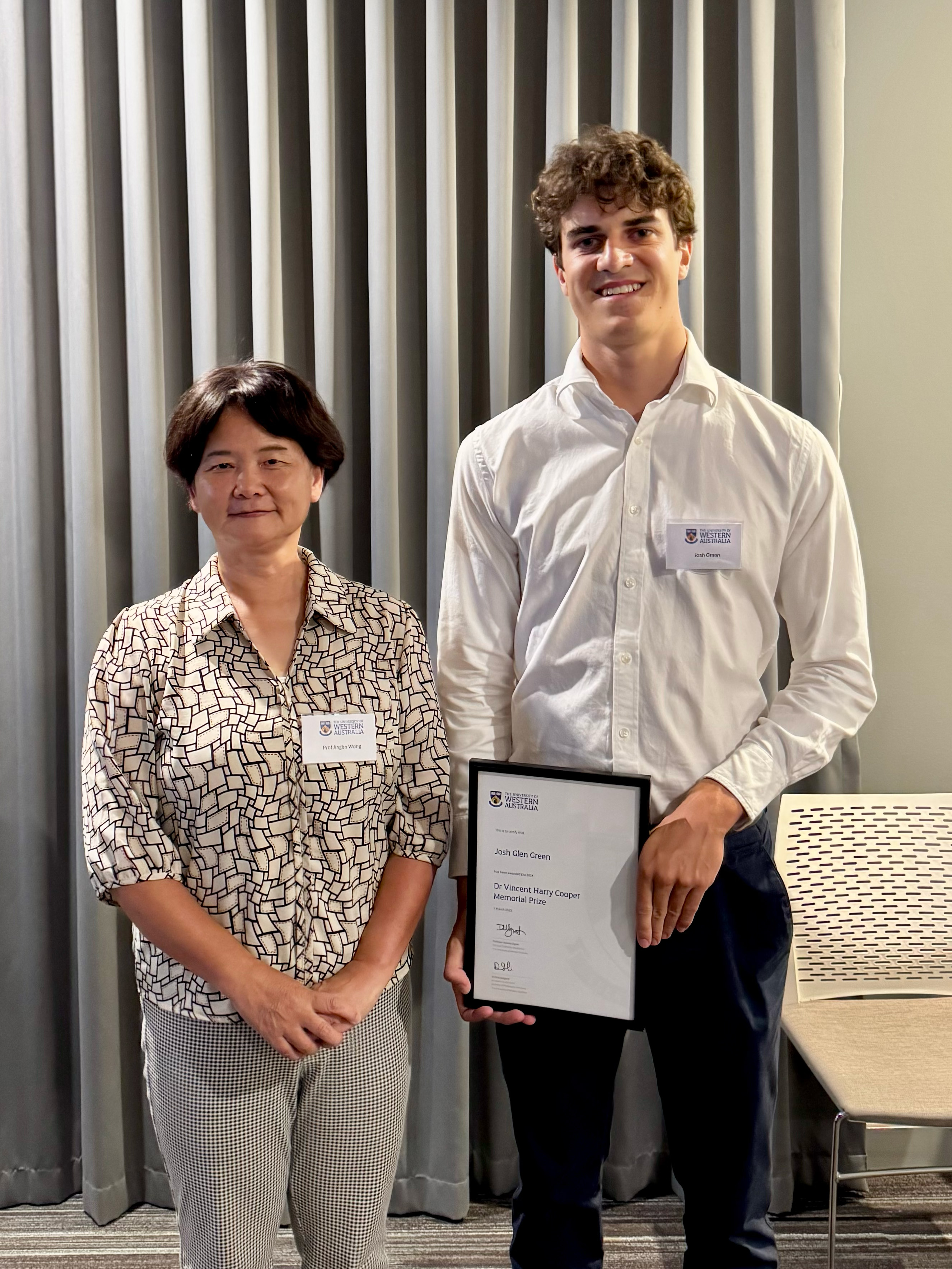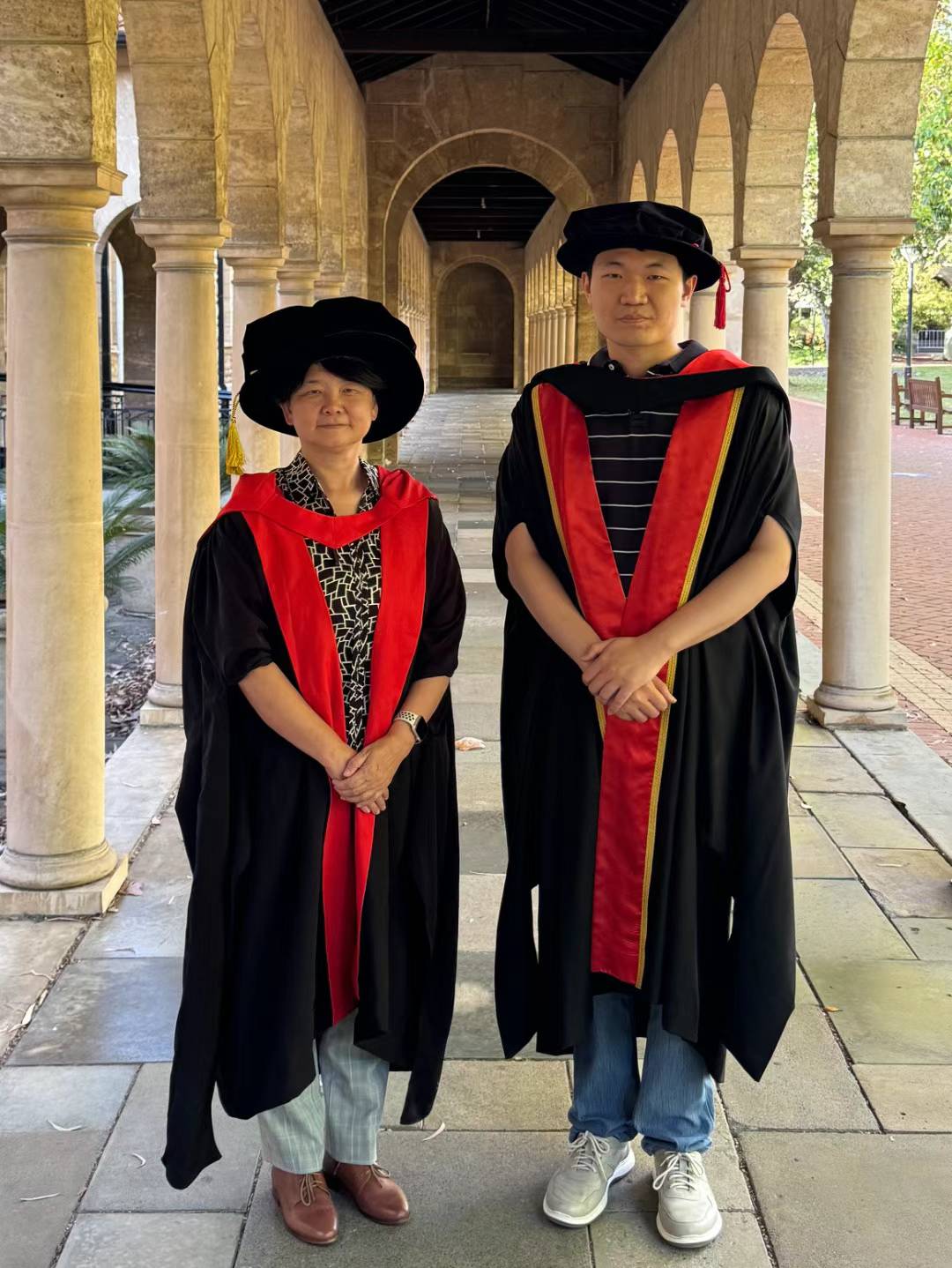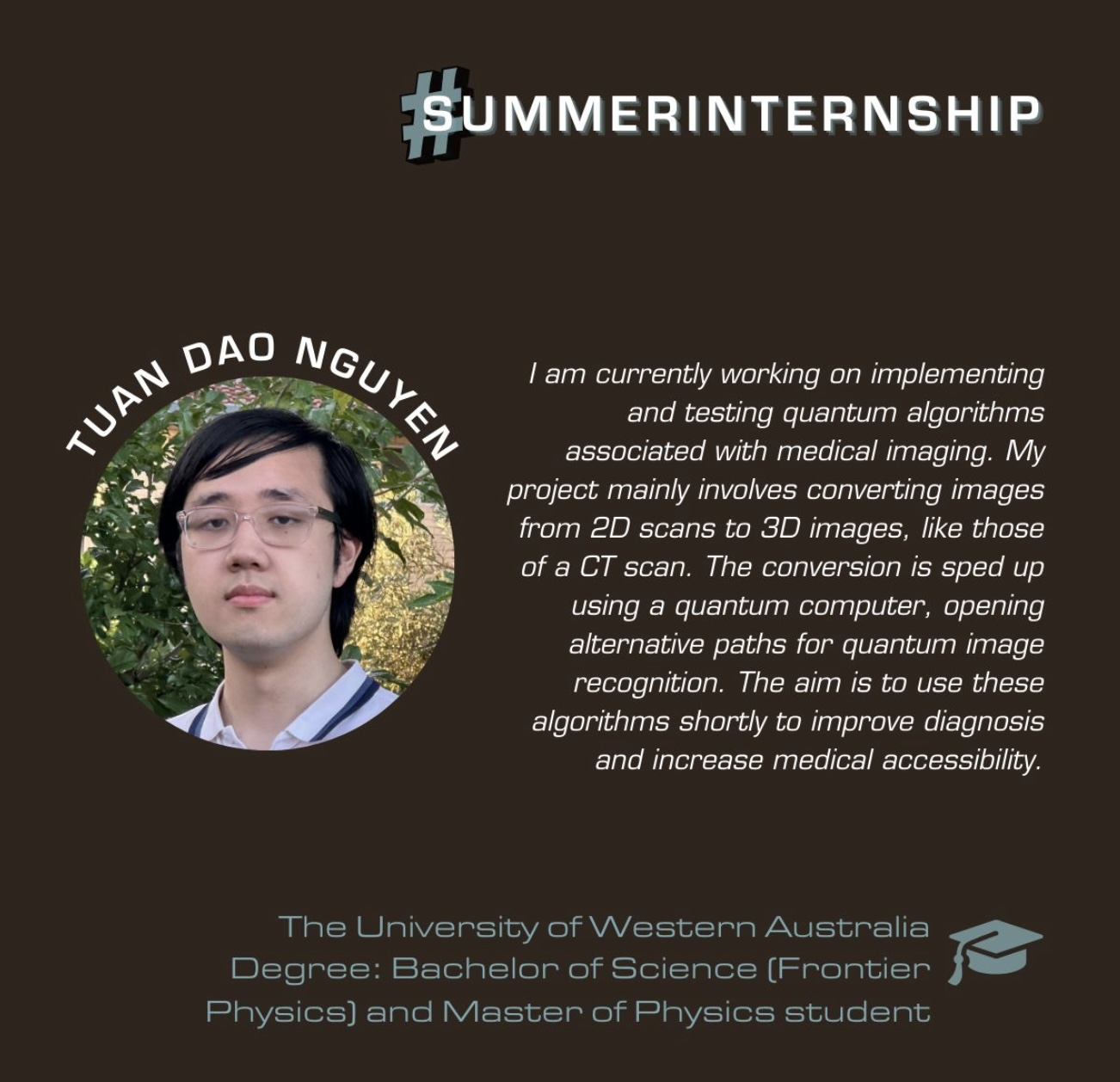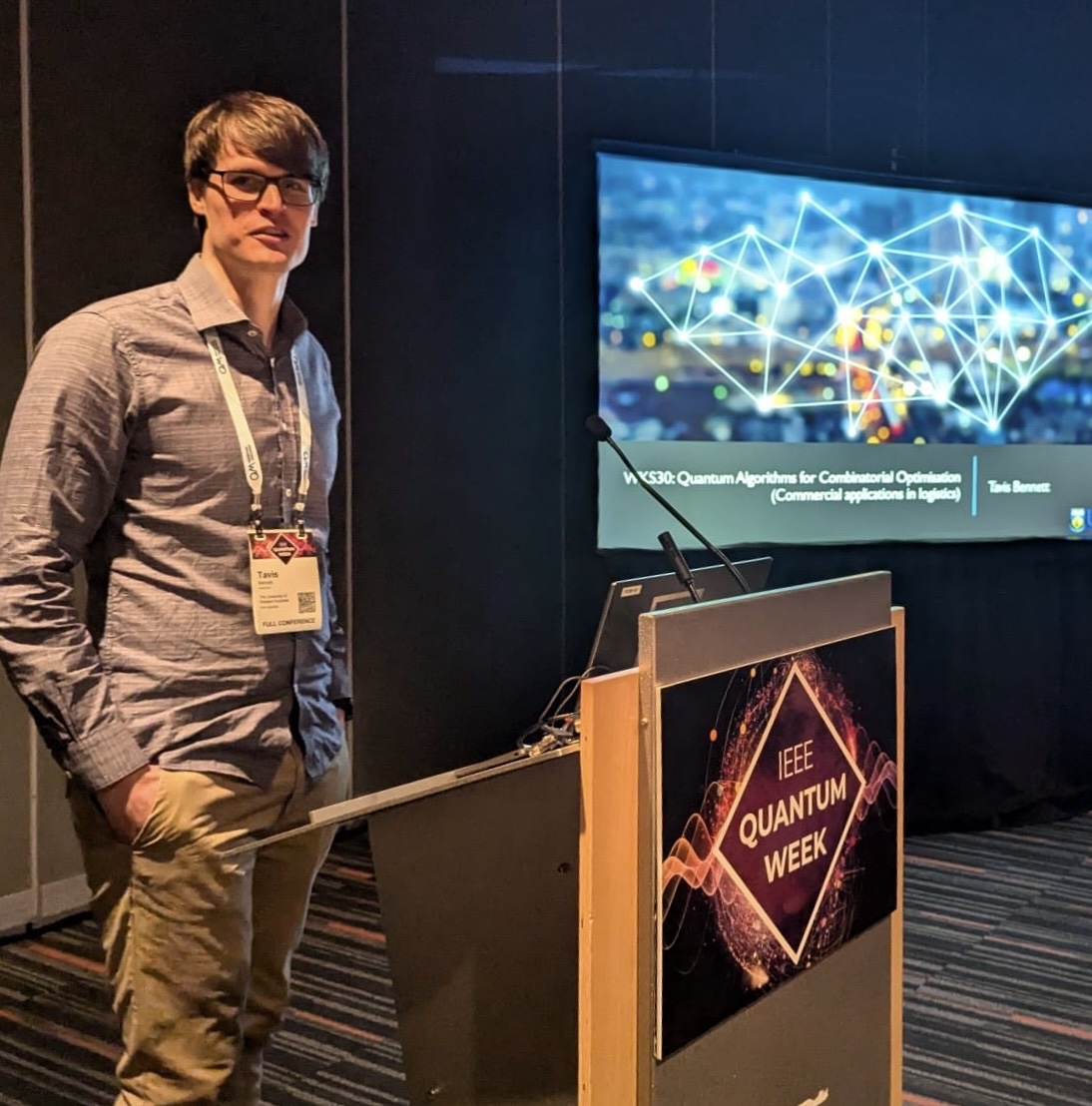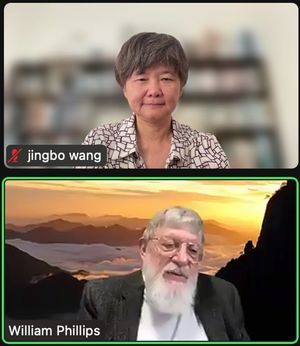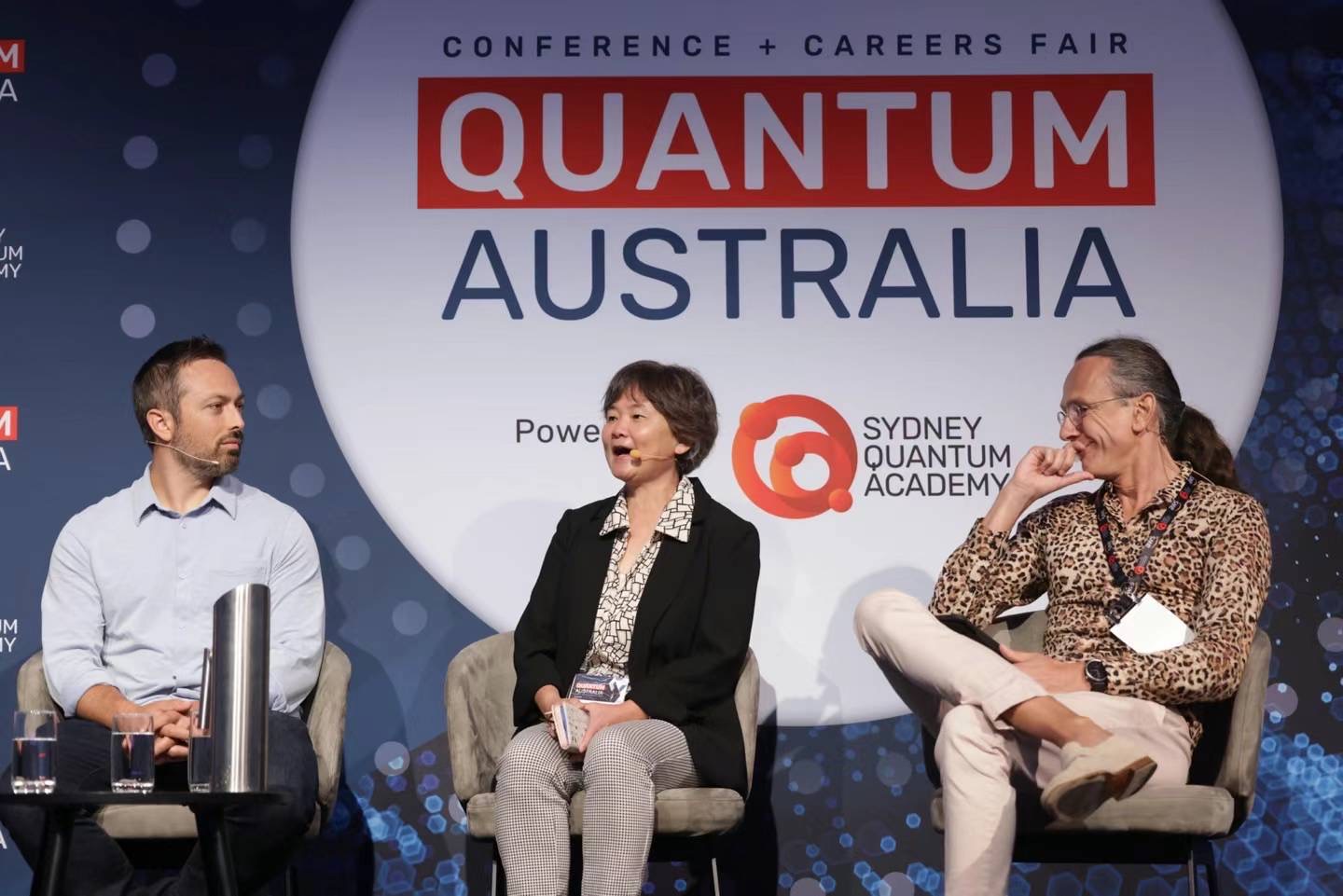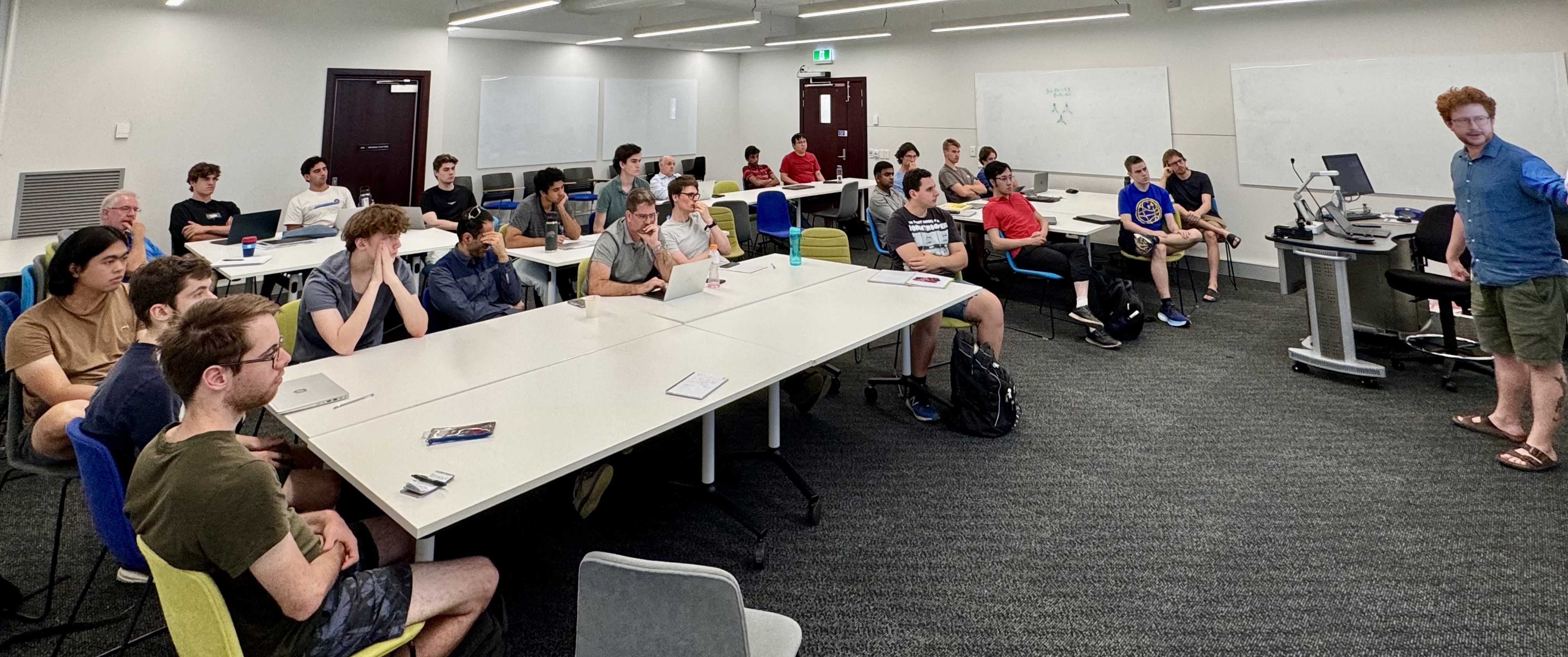The Research Centre for Quantum Information, Simulation and Algorithms (QUISA), hosted at The University of Western Australia, fosters collaboration and entrepreneurship, bringing together academic staff, research students, government and industrial partners to develop innovative quantum solutions to tackle otherwise intractable problems and complex phenomena.
